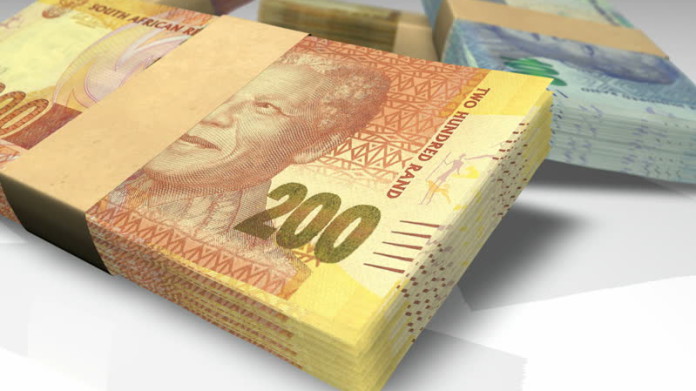
SIBANYE-Stillwater is to report full-year attributable profit of up to R30bn for its 2020 financial year, a significant improvement over the R62m it reported in 2019.
Commenting in a trading update today, the platinum group metals (PGM) and gold miner, said the year-on-year improvement was owing to the full benefit of having integrated the Marikana (Lonmin) PGM production which had yielded better-than-forecast annual cost-savings.
2020 profits were also better off as a result of full-year production from the firm’s gold mines in South Africa. Sibanye-Stillwater was still recovering from a strike at the gold mines in 2019.
Average dollar prices were better in 2020 – the 4E PGM basket price 83% higher whilst gold was 43% higher – but the rand-denominated spot price was lower as the rand gained about R2 to the dollar.
The performance in 2020 was also despite stoppages from March when the South African government imposed lockdown in order to control the spread of Covid-19 infections through to about the mid-year point.
Share earnings were forecast to between 1,053 cents a share and 1,095c (64-67 US cents/share) whilst headline share earnings would be 1,047 to 1,089 South African cents (64-66 US cents/share). The lower end of attributable profit was forecast to be R28.7bn.
The year-on-year improvement will raise a number of questions about using cash generated including upgrading the payout policy, to the possibility of a special dividend through to the question of mobilising the significantly deleveraged balance sheet for a new round of merger and acquisition activity.
Sibanye-Stillwater has been connected with potential deal-making in North American’s gold sector, as well as the prospect of adding so-called battery metals to its suit, effectively turning itself into a diversified mining group.
The firm has a payout policy of between 25% to 35% of normalised earnings having resumed dividends at the interim. However, in paying an interim dividend, it conservatively held back the full payment owing to concerns about the impact of Covid-19 stoppages.









